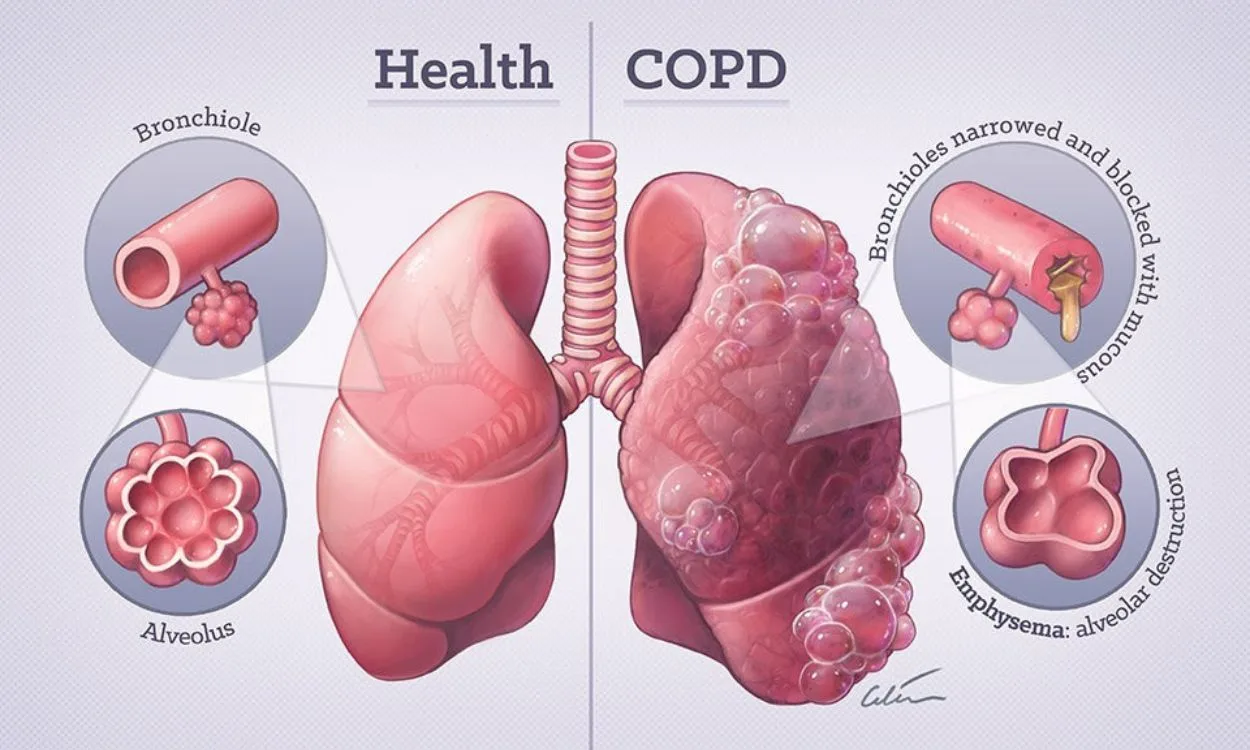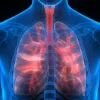Can lung diseases be hereditary?
Lung diseases are a common concern, affecting millions of people worldwide. While some lung diseases are caused by external factors such as smoking or environmental pollution, there is also a genetic component to certain lung conditions. In this article, we will explore whether lung diseases can be hereditary and provide insights into the role of genetics in lung health.
Understanding hereditary lung diseases
- Cystic fibrosis (CF): Cystic fibrosis is a genetic disorder that primarily affects the lungs. It is caused by mutations in the CFTR gene, which leads to the production of thick and sticky mucus in the airways. This mucus buildup can result in recurrent lung infections and breathing difficulties.
- Alpha-1 antitrypsin deficiency (AATD): AATD is a genetic condition that affects the production of alpha-1 antitrypsin protein, which plays a crucial role in protecting the lungs from damage caused by enzymes released during inflammation. A deficiency in this protein can lead to lung diseases such as chronic obstructive pulmonary disease (COPD) and emphysema.
- Familial pulmonary fibrosis (FPF): Familial pulmonary fibrosis is a rare hereditary condition characterized by the progressive scarring of lung tissue. Mutations in genes such as TERT, TERC, and SFTPC have been associated with FPF, leading to impaired lung function and breathing difficulties.
Genetic predisposition and lung diseases
While the above-mentioned lung diseases have a clear genetic basis, it is important to note that not all lung diseases are directly hereditary. However, certain genetic variations can increase an individual’s susceptibility to developing lung diseases in the presence of environmental triggers or lifestyle factors.
- Asthma: Asthma is a chronic lung disease characterized by inflammation and narrowing of the airways. While it is not directly inherited, there is a strong genetic component to asthma. Variations in genes involved in immune response and airway function can increase the risk of developing asthma.
- Lung cancer: Although smoking and exposure to carcinogens are the primary causes of lung cancer, genetic factors can also contribute to an individual’s susceptibility to the disease. Certain gene variations, such as those in the EGFR and KRAS genes, have been found to influence the development and progression of lung cancer.
Importance of lifestyle and environmental factors
While genetics play a role in lung health, it is crucial to understand that lifestyle choices and environmental factors also significantly impact lung diseases. Smoking, exposure to secondhand smoke, air pollution, occupational hazards, and respiratory infections can all contribute to the development or exacerbation of lung conditions.
Taking control of lung health
While hereditary lung diseases cannot be prevented, individuals with a family history of such conditions can take proactive steps to manage their lung health effectively.
- Regular check-ups: It is essential for individuals with a family history of lung diseases to undergo regular check-ups and screenings. Early detection and timely intervention can significantly improve outcomes.
- Avoidance of risk factors: Stay away from smoking and secondhand smoke, and reduce exposure to environmental pollutants. Taking precautions at the workplace, such as wearing protective masks in hazardous environments, can also help protect lung health.
- Healthy lifestyle: Maintaining a healthy lifestyle can promote optimal lung function. Regular exercise, a balanced diet, and avoiding respiratory infections by practicing good hygiene habits can help keep the lungs healthy.
Fitpaa: Your partner in lung health
If you are concerned about your lung health or have a family history of lung diseases, Fitpaa is here to support you. Our personalized health and fitness platform can help you achieve your health goals and optimize your overall well-being.
With Fitpaa’s state-of-the-art technology and expert team of fitness coaches, nutritionists, and doctors, you can receive customized support to strengthen your body, including your respiratory system. Our AI-driven metabolism monitoring and management technology can aid in achieving your health and fitness goals effectively.
Download the Fitpaa app today to embark on a journey towards better lung health and overall well-being. Our comprehensive approach to health and fitness will not only help you achieve your goals but also empower you to lead a fulfilling and healthy life.









